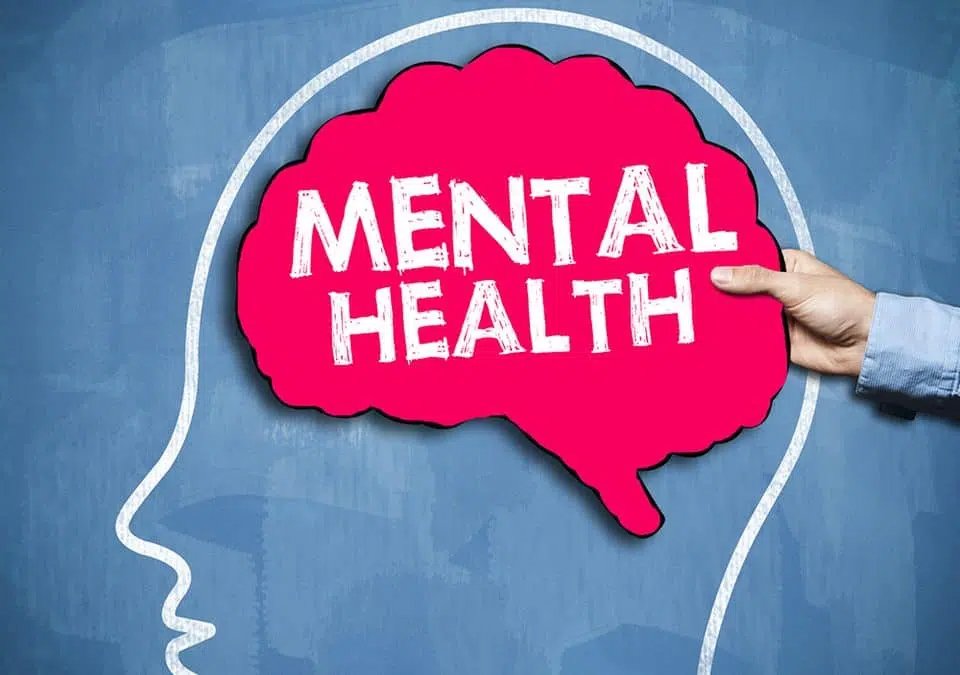NEW DELHI, Dec 15: Exploring the significant influence of lifestyle choices on health, the new book, “Lifestyle As Medicine: The Science of Healthy Living”, provides practical advice and evidence-based strategies to assist health-conscious readers in attaining optimal well-being.
Edited by a distinguished group of health experts — Dr Alexander Thomas, Dr Samuel Hansdak, Divya Alexander, and Dr Herbert Giebel — the book features 12 chapters contributed by 24 leading authorities in their fields. These chapters cover a wide range of topics, including nutrition, exercise, sleep, mental health, and addiction.
The list of contributors include the likes of former AIIMS director Dr Randeep Guleria (co-author of “Sleep: Rejuvenating the Mind and Body”), chairman and founder of Narayana Health Dr Devi Shetty (co-author of “Lifestyle Related Diseases: Understanding and Preventing Chronic Conditions”) and director of NIMHANS Dr Pratima Murthy (co-author of “Mental Health: Nurturing the Mind”).
“Endorsed by prominent associations and institutions across the country, this book is crafted for a diverse audience in India, encompassing individuals from all walks of life who are keen to enhance their well-being and vitality through informed lifestyle choices,” read the introduction of the book.
Lifestyle medicine is a branch of medicine that focuses on the use of evidence-based lifestyle interventions to prevent, treat, and manage chronic diseases.
While ‘Introduction: Setting the Stage for Health’ lays the foundation for one’s journey towards holistic health by explaining the principles and benefits of lifestyle medicine, another chapter ‘Meaning and Purpose: Finding Fulfilment in Life’ unearths how finding meaning and purpose in everyday life can profoundly enhance your overall health and well-being.
Besides just personal health, a chapter, ‘Environmental Sustainability: Balancing personal and Planetary Health’, explores how personal choices intersect with environmental sustainability, promoting health not only for ourselves but also for the planet.
With case studies drawn from real life and key takeaways at the end of each chapter, the book also tackles prevalent myths head-on and provides readers with factual insights for informed decision-making.
For example, it highlights how a diet soda, despite containing zero calories, provides no nutritional benefit, whereas a handful of almonds, though containing 150 calories, offers a wealth of nutrients such as protein, magnesium, vitamin E, zinc, fibre, and more.
It also debunks other common nutrition myths, such as the belief that “fat-free and sugar-free foods are always healthy” or that “vegetarians don’t get enough protein.”
“Fat-free foods may contain excess sugar or sodium, and sugar-free foods may contain excess fat to make them more palatable. Check the ingredients and nutrition labels to ensure that you are choosing nutrient-dense foods,” claimed the book in one of its chapters, titled ‘Nutrition: Nourishing the Body for Optimal Health’.
The book, published by Juris Press, is available to download free of cost. The royalties from the sale of physical copies will be donated to Christian Medical College and Hospital (CMC) and Association of Health Care Providers (AHPI) programmes that promote awareness of lifestyle medicine. (PTI)












